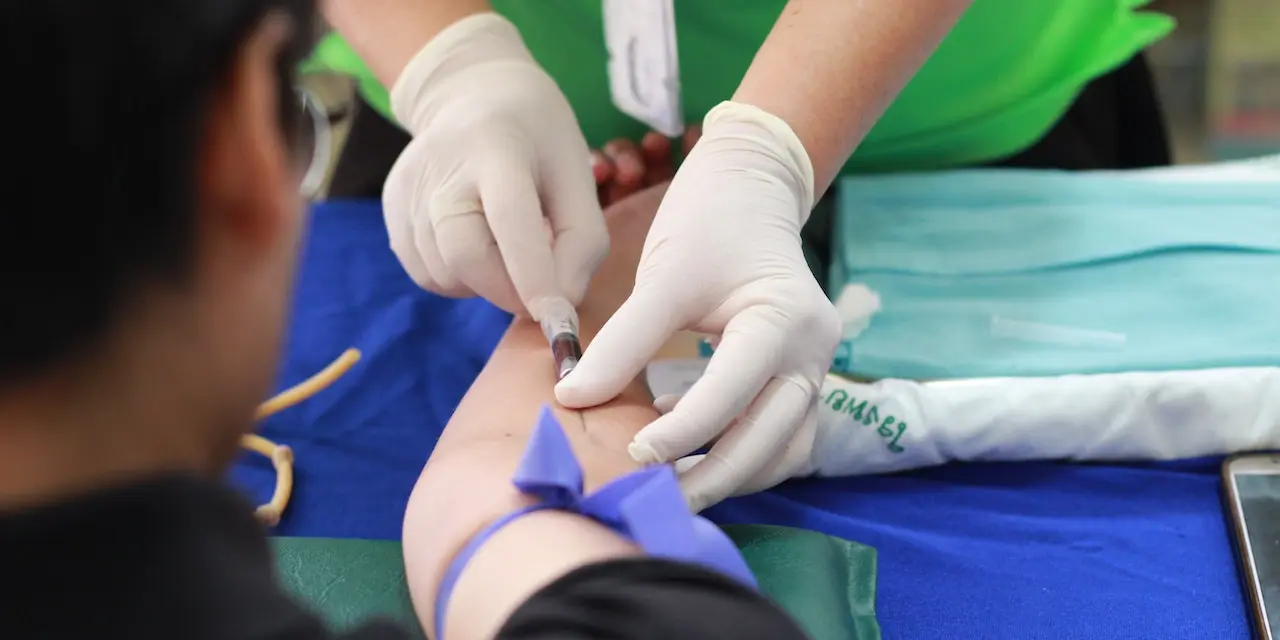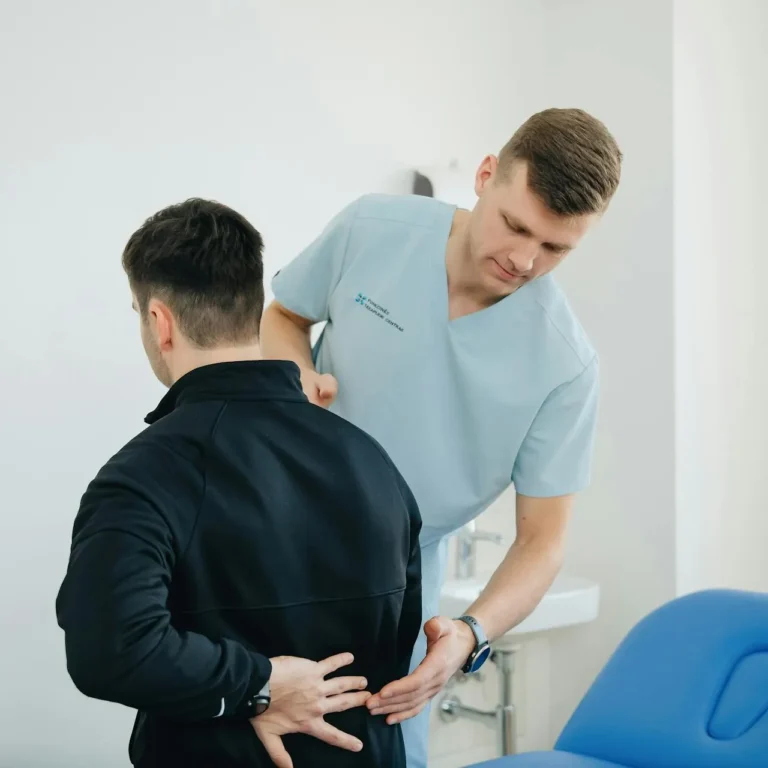
Cardinal Health to study the efficacy of innovative cancer treatment, as well as barriers to therapy
Cardinal Health Real-World Evidence and Insights works with stakeholders to create customized studies and collect regulatory-grade real-world data; their results may provide more accurate (and less expensive) data for regulatory decision-making regarding advanced therapies, including the expansion of indications for currently approved drugs.
Today, the team announced that it has begun the longest real-world evidence (RWE) follow-up study on patients receiving CAR-T therapy for relapsed or refractory multiple myeloma, which is an uncommon kind of blood cancer.
Multiple myeloma develops when a type of white blood cell, called a plasma cell, multiplies abnormally. The cells can weaken bones and lead to easily-broken bones. “Relapsed or refractory” means that cancer does not improve with treatment, stops responding to treatment or improves at first but then resists treatment and begins growing again.
The Cardinal Health team will track longitudinal data from 500 patients over two years (2023-2025), giving better insight into the effectiveness and safety of CAR-T products outside of clinical trials. (A CAR-T therapy reprograms a patient’s own cells to fight cancer; you can learn more about CAR-T here.) CAR-T therapies can be very effective against some types of hard-to-treat cancers and are typically used after other forms of treatment have failed. The Cardinal Health study will help determine CAR-T therapy efficacy in fighting multiple myeloma, as well as improve understanding of barriers to accessing treatment.
“Our new study is unique because it will assess physician perspectives on patients who were referred to receive a commercial CAR-T product but did not receive therapy, either because of insurance coverage-related issues or other barriers,” said Aklilu Tedla, vice president of Real-World Evidence and Insights and Regulatory Sciences at Cardinal Health. “This patient population is not often studied, and the research will be integral in helping to expand access to CAR-T products.”
CAR-T therapies are some of the most expensive treatments on the market, Tedla explained, priced up to $1 million per person per treatment. Because cancer can progress rapidly, administrative burdens such as long referral processes and payer approvals also can impede access. In addition, there are only about 250 accredited centers across the U.S. where patients can receive the treatment, meaning the logistics of distance and potential travel can create additional barriers. Understanding why a referred patient did not receive therapy is critical for the healthcare industry to help remove obstacles to getting these treatments.
Patients who meet eligibility criteria for the study will be identified by Cardinal Health’s Oncology Provider Extended Network (OPEN), a network that providers join to engage in clinical research studies by contributing regulatory-grade real-world data and insights to guide drug development. Through OPEN, Cardinal Health’s team of RWE experts and clinical researchers can access a more diverse set of patients, and directly involve those patients’ healthcare providers in the data collection process. Data collection can include patient-reported outcomes and manual chart reviews, ultimately enabling the team to provide a more holistic view of how a therapy is performing in real-world scenarios.
“We’re excited to contribute to RWE on CAR-T therapies, as well as understand why referred patients did not undergo treatment,” said Tedla. “We hope that our research will uncover key barriers to patients getting these life-saving therapies, so that those barriers can be removed, enabling improved patient outcomes.”




